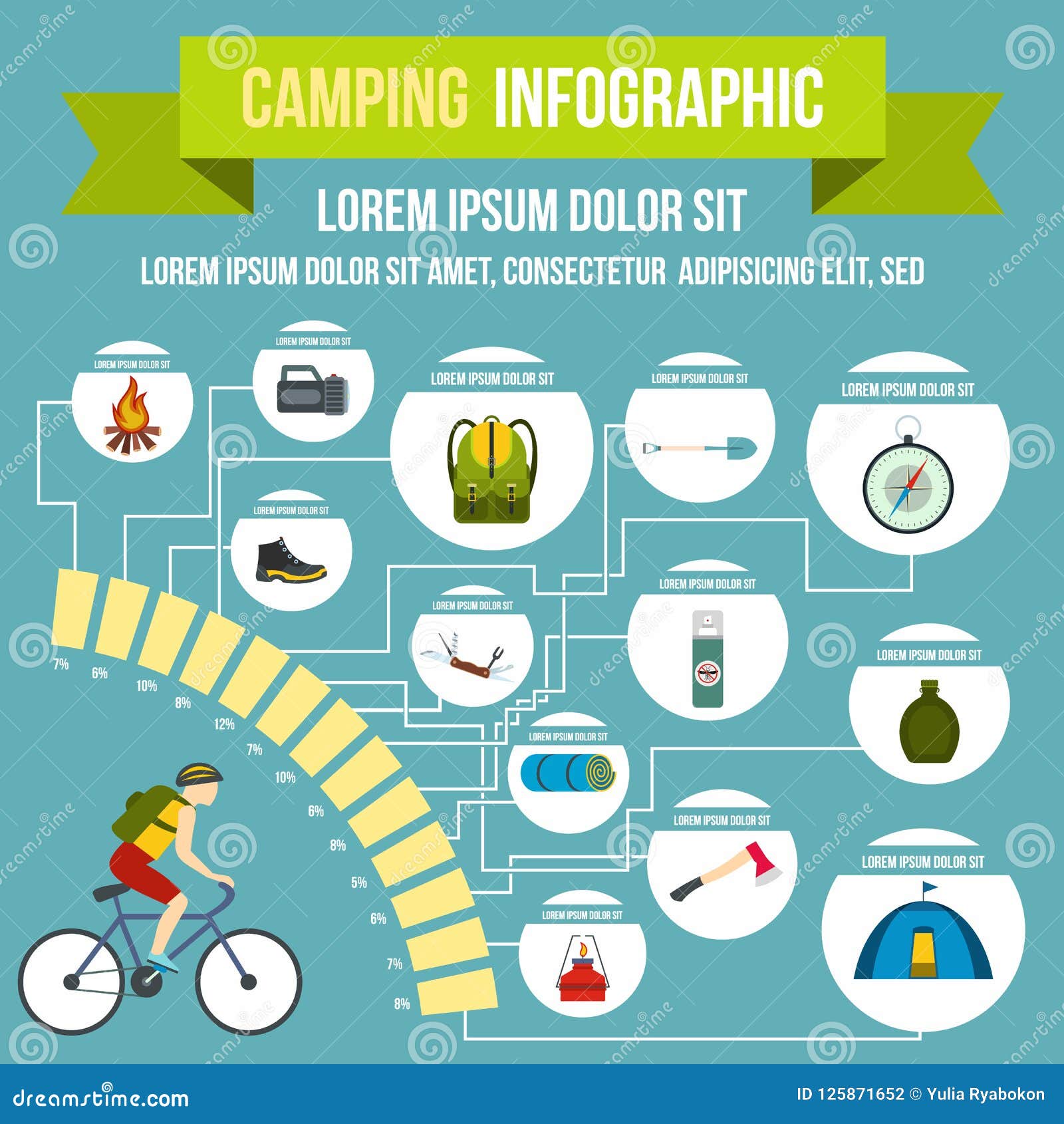Examine This Report on glamping sale
Examine This Report on glamping sale
Blog Article
Safety And Security Considerations for Household Outdoor Camping Tents
Safe and enjoyable outdoor camping trips are possible for the whole family when every person adheres to basic security standards. Educate children to respect wildlife and all-natural things, constantly maintain a first-aid package with plenty of burn cream on hand, and be prepared for unexpected circumstances by looking into the camping site, weather patterns, and geographical features.
What is traditional camping?
Choose the Right Outdoor Tents
Moms and dads who camp recognize that the best camping tent can make or break an outdoor camping trip. The camping tent you pick should be durable adequate to stand up to the harsh treatment that children and dogs can provide. It must also be simple to set up, with attributes like color-coded poles and quick-clip systems.
You should likewise consider the dimension and capability of the outdoor tents you wish to get. Look for a floor area and optimal elevation that can accommodate the variety of people in your household, plus added area to minimize crowding or claustrophobia.
When picking a camping area, survey the area for dangers, such as animal burrows, poisonous plants and rough drop-offs. It's also an excellent concept to pick a site that offers some type of safety and security attributes, such as boundary fence and every night campground patrols.
Outdoor tents Setup
When setting up camp, discover a level area that allows sufficient to easily fit your tent and any other aspects you're planning for, such as a fire pit. Remove any type of debris like sticks or rocks and watch out for possible risks, such as sloping pitches that can cause you to roll about throughout the evening and rain swimming pools in concave areas.
If it's windy, place your tent so the side with the best post framework encounters the wind to lower the possibility of it blowing via and triggering injury or damage. Preferably, select a site that is additionally protected by natural obstacles to reduce wind and rain threats. You might additionally want to set a tarp a little smaller sized than your camping tent flooring to keep it dry.
Tent Storage
Numerous tents are created with vents and flaps that encourage air circulation. Nevertheless, you should constantly keep combustible items like clothing and resting bags away from these openings to prevent fire hazards. Air flow is also important to minimize smoke and carbon monoxide buildup, which are significant health and wellness risks.
Never rest directly on the ground and educate youngsters to remain clear of it. This stops tripping and dropping injuries, as well as insect attacks.
Show youngsters to constantly check for hazards prior to entering their tents, such as loose rocks or tree arm or legs that might fall during a tornado. It's likewise an excellent idea to get to the camping area before nightfall to make setting up camp less complicated and safer. This additionally offers you an opportunity to find any kind of prospective issues, like serpents or toxic plants.
Tent Climate
There are few things extra satisfying than sitting around a campfire roasting s'mores under a star-filled sky. However prior to you pitch your tent, ensure your household has the ideal resting gear and understands how to effectively use a campfire.
Outdoors tents can also be influenced by weather conditions, such as rainfall and wind. Wind can transform the tension on the tent, loosening up ratchet assemblies and pulling stakes out of the ground. Rain can create tents to leak.
Search for tents that supply good air flow and reduce condensation (dampness that naturally forms from your body's breath). Take into consideration bringing a tarp in case of rainfall. And always leave your camping tent if there are lightning strikes nearby.
Camping tent Safety
Tents that do not adhere to fire and life safety demands are a fire risk. In addition, keeping flammable products like wood, glamping tent with bathroom gas canisters, and lp within the tent can trigger them to overheat and even explode. To reduce these threats, they ought to be saved outside the camping tent sheltered by a durable tarp.
Fire risks additionally arise from inappropriate use and storage space of ranges. Stoves that aren't effectively aired vent can release carbon monoxide gas, a lethal poisonous gas.
Tent tethers and stakes can develop trip risks in sidewalks and paths. To minimize these threats, event organizers need to think about using noticeable weights on tethers, setting up tether cleats, or employing safety cones around stake lines. Additionally, they should make sure that leaves are not blocked by home furnishings, camping tent walls, or other structures.
What is the best tent for rain?
